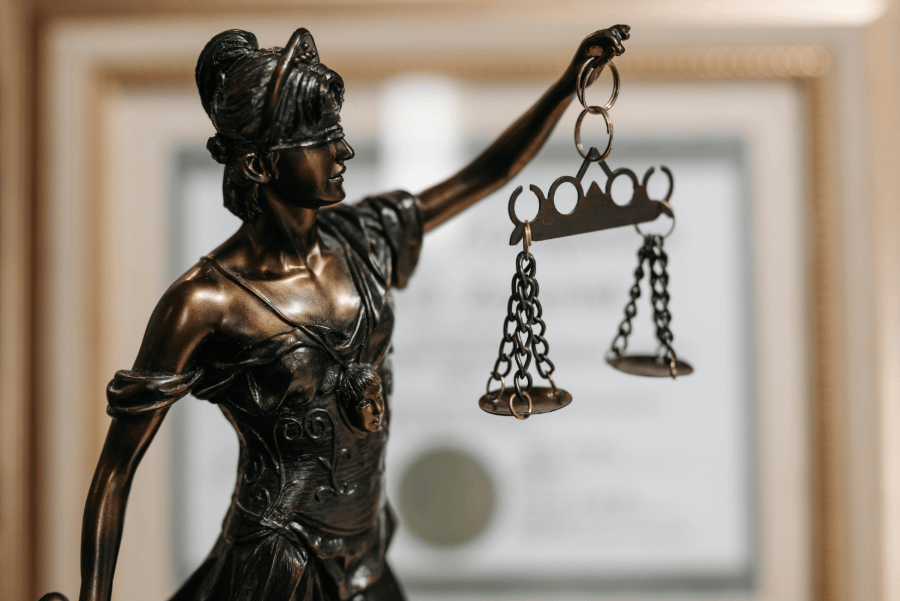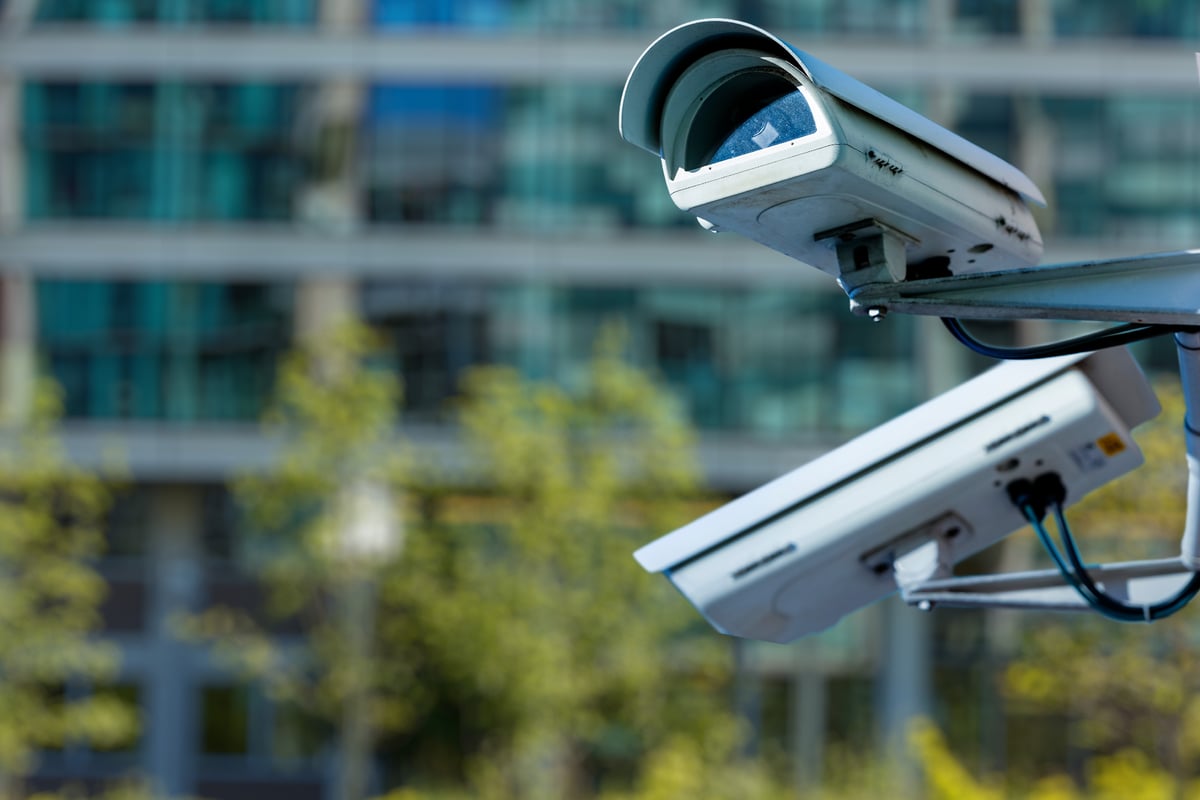Trade marks are signs used to distinguish certain goods and services. Trade marks mostly consist of a word and/or a logo. Company tradenames or domain names can also be protected by trade mark law. Next to that, it is possible to protect more elusive signs, such as shapes or colors.
Trade mark laws
Trade mark protection is governed by three regimes in the Netherlands: the Benelux Convention on Intellectual Property Rights, the EU Trademark Regulation and the Trademark Directive. These laws are part of Europeanly harmonised trademark law.
Registration requirements
In principle, trademarks are only protected in the Netherlands if they are registered. There is an exception to that rule for well-known marks such as Coca-Cola or Apple.
In the Netherlands, there are a few requirements for registration of a trademark. Trademarks must be registered for different goods and services (e.g. class 9 is software and class 25 is clothing). According to the European Court of Justice, the description of these goods and services needs to be (very) precise.
A trademark registration is valid for a period of 10 years, after which the registration can be renewed continuesly.
Rights granted
After the registration process for Benelux trademarks or European trademarks (which are also valid in the Netherlands) has been successful, the BCIP and EU Trademark regulation grant trademark holders various exclusive rights, inter alia the right to act against any and all trademark infringements in legal proceedings.
In short, trademark protection is granted against a third party who, without the consent of a trademark holder, uses a sign in business:
- identical or similar to the trademark for identical or similar goods or services covered by the trademark, and as a result thereof there is a risk of confusion in the mind of the public;
- identical or similar to the trademark for goods or services which are not similar to those for which the trademark is registered, where the trademark enjoys a reputation in the Benelux territory and where use of the sign without due cause would take unfair advantage of or be detrimental to the distinctive character or the repute of the trademark;
Trademarks with a reputation are also protected against the use thereof for similar goods and services.
The BCIP also grants protection against the use of signs for purposes other than those of distinguishing the goods or services. This type of protection is unique in Europe. Especially non-economical use of a trademark or trade name use can be stopped invoking the protection of this article member.
Injunction procedure
If there is a trademark infringement, the trademark holder can start a so-called “kort geding” (summary proceedings) in the Netherlands. This is an injunction procedure, in which the trademark holder is able to stop the use of a trademark infringement and also apply for a judicially imposed penalty against the infringing party to enforce the injunction efficiently. Depending on the trademark invoked, either a Benelux or pan-European injunction is possible. In most cases, a cease and desist letter is sent to the infringing party first.
Starting a summary proceeding has several benefits, one of them is that the trademark holder is able to have a judgement granted within a short timeframe. In some cases information concerning the distribution, sales figures, and other ancillary claims can be obtained as well.
Under Dutch law, the trademark holder is also granted other specific rights such as seizing infringing goods, making attachments on those goods and otherwise enforcing its trademark rights. In specific cases, it is possible to request these legal measures at the courts, without the infringing party being informed thereof beforehand (a few different ex parte measures can be taken against infringers).
Legal costs regime
According to Dutch procedural rules, the winning party in intellectual property proceedings - such as trademark proceedings - may request the court to have the losing party pay the real, actual and full lawyer and procedural costs. This means that if the trademark holder wins the case on grounds of trademark protection, it is able to retrieve (most of) the actual legal costs spent on the matter.
Joost Becker, IP-lawyer specializing in trademark law











